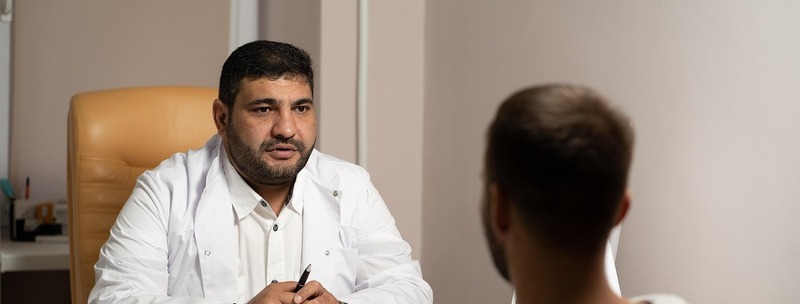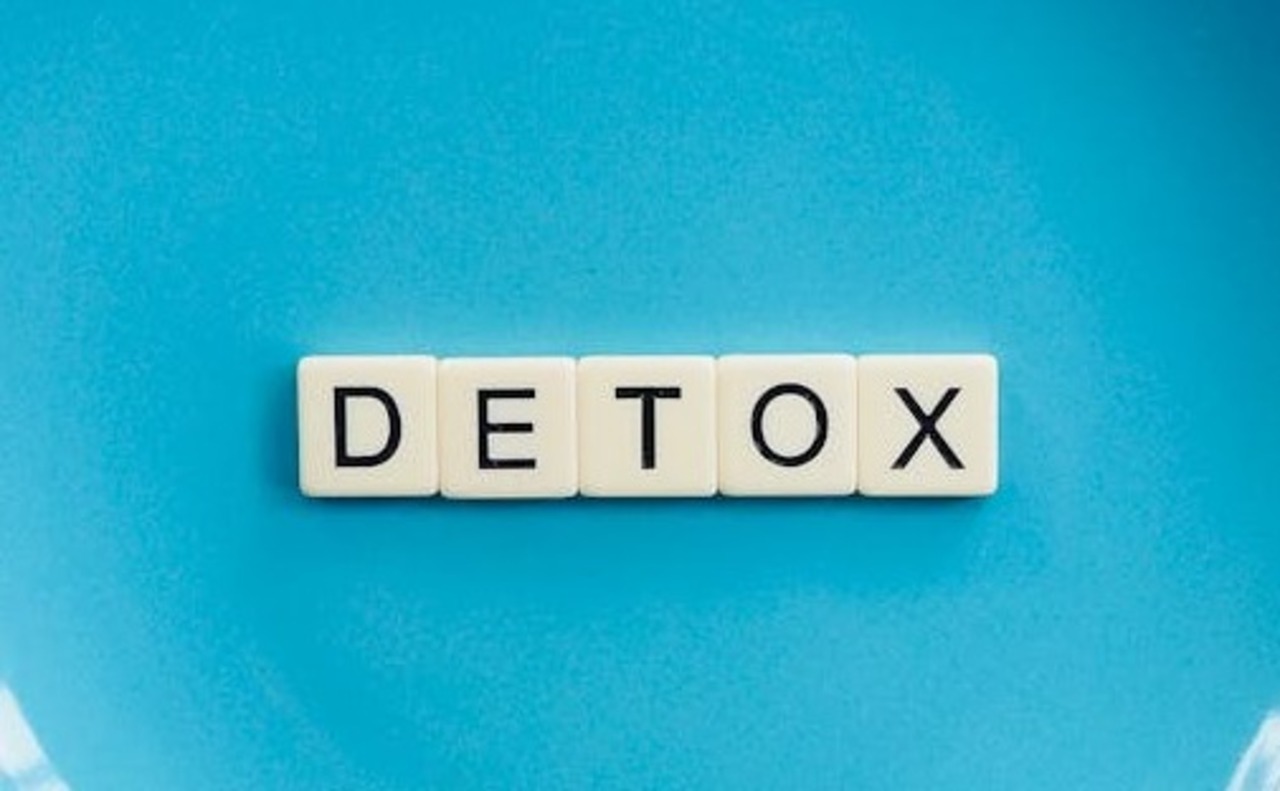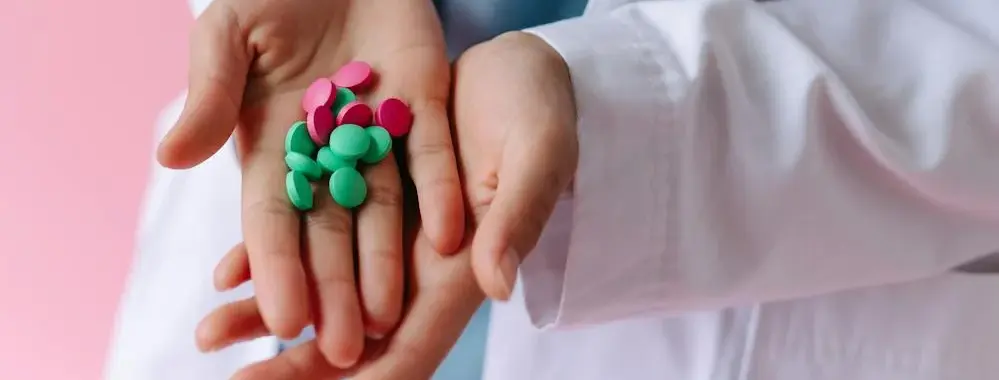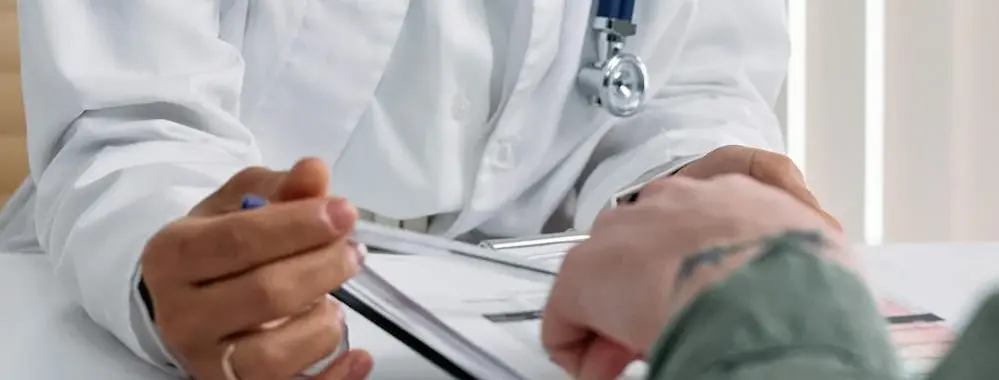Detoxing from alcohol is the first and often the most challenging step toward recovery. While some may consider detoxing at home, alcohol withdrawal can be dangerous and, in severe cases, life-threatening. The safest and most effective approach is a medically supervised detox program.
CMAR’s Outpatient Detox Program in Denver provides a structured and supervised withdrawal process that allows individuals to receive medical care without the need for overnight hospitalization. This ensures safety, comfort, and the flexibility to maintain daily responsibilities.
If you’re looking for the best way to detox from alcohol, CMAR offers a proven outpatient approach that minimizes risks and maximizes success.

Understanding Alcohol Detox
Detox from alcohol involves allowing the body to eliminate alcohol while managing withdrawal symptoms. The severity of these symptoms depends on the level of alcohol dependence.
A medically supervised detox ensures the process is safe and as comfortable as possible. If you’re searching for the best way to detox from alcohol, understanding the withdrawal process and available treatment options is crucial.
What is Alcohol Detox?
Alcohol detox is the process of eliminating alcohol from the body after prolonged consumption.
This process allows the body to adjust to the absence of alcohol, but it often triggers withdrawal symptoms that require medical attention.
Why is Detox Necessary?
Chronic alcohol use alters brain chemistry, leading to physical dependence. When alcohol intake stops, withdrawal symptoms occur.
For some individuals, withdrawal can be mild, but for others, it can lead to life-threatening complications like seizures or Delirium Tremens (DTs).
Alcohol Withdrawal Symptoms & Timeline
- 6-12 Hours After Last Drink: Anxiety, nausea, insomnia, sweating, mild tremors.
- 24-72 Hours After Last Drink: Elevated heart rate, high blood pressure, confusion, hallucinations.
- 3-7 Days After Last Drink: Peak withdrawal symptoms begin to subside, but psychological symptoms may persist.
- Beyond 7 Days: Some individuals experience prolonged withdrawal symptoms, including alcohol cravings and mood disturbances.
Best Way to Detox from Alcohol: Safe & Supervised Options
For many, quitting alcohol without medical supervision can lead to severe health risks. The safest way to detox is through a structured program that provides medical monitoring and professional support.
CMAR’s outpatient detox program offers the best way to detox from alcohol without requiring hospitalization.

Why Professional Detox is Recommended
Attempting to detox alone can be risky. Supervised detox ensures:
- Medical safety to manage severe withdrawal symptoms.
- Medication support to ease discomfort and reduce cravings.
- Emotional support through therapy and peer groups.
How CMAR’s Outpatient Detox Works
CMAR’s Outpatient Withdrawal Management Program (also called ambulatory detox) provides:
- Comprehensive Medical Assessment: Each patient receives a personalized detox plan.
- Daily Office Visits: Patients meet with medical professionals until withdrawal symptoms are managed.
- Medication Management: Patients receive 24-hour medication supplies with daily reassessments.
- Integrated Care: Group and individual therapy for mental health and trauma support.
- Concurrent PHP/IOP Services: Patients have access to Partial Hospitalization (PHP) and Intensive Outpatient (IOP) Programs for continued recovery.
Best Way to Detox from Alcohol at Home: Is It Safe?
While some individuals consider detoxing at home, it is important to understand the potential dangers. Home detox may be possible for mild cases, but medical supervision is always the safest option.
Who May Be a Candidate for At-Home Detox?
Detoxing at home is only recommended for individuals with mild alcohol dependence, no history of severe withdrawal symptoms, and a strong support system.
Dangers of Detoxing at Home
- Severe Withdrawal Risks: Without medical supervision, symptoms like seizures and hallucinations can become life-threatening.
- Higher Relapse Risk: Without professional support, many individuals struggle to stay sober during withdrawal.
- No Emergency Intervention: If complications arise, immediate medical care may not be available.
How CMAR Makes Detox Safer with Outpatient Services
- Daily medical check-ins to monitor symptoms.
- Medication-assisted treatment (MAT) for symptom relief.
- Access to mental health professionals for emotional support.

How to Safely Detox from Alcohol: CMAR’s Outpatient Detox Program
Choosing a structured detox program ensures a safer withdrawal process and provides the necessary support to prevent relapse. CMAR’s outpatient detox program is the best way to detox from alcohol while maintaining daily responsibilities.
Medical Detox vs. Self-Detox: Why Supervision Matters
Choosing a supervised outpatient detox program greatly reduces health risks while offering a structured pathway to sobriety.
What to Expect from CMAR’s Outpatient Detox Program
- Verify Insurance: CMAR accepts most major insurance providers and offers affordable cash pay options.
- Comprehensive Medical Assessment: A medical provider will develop a personalized detox plan.
- Daily Check-Ins: Patients visit the facility daily for monitoring and medication adjustments.
- 24-Hour Medication Management: Prescription medications are provided to ease withdrawal symptoms.
- Transition to Long-Term Treatment: After detox, patients continue recovery through CMAR’s PHP or IOP programs.





































